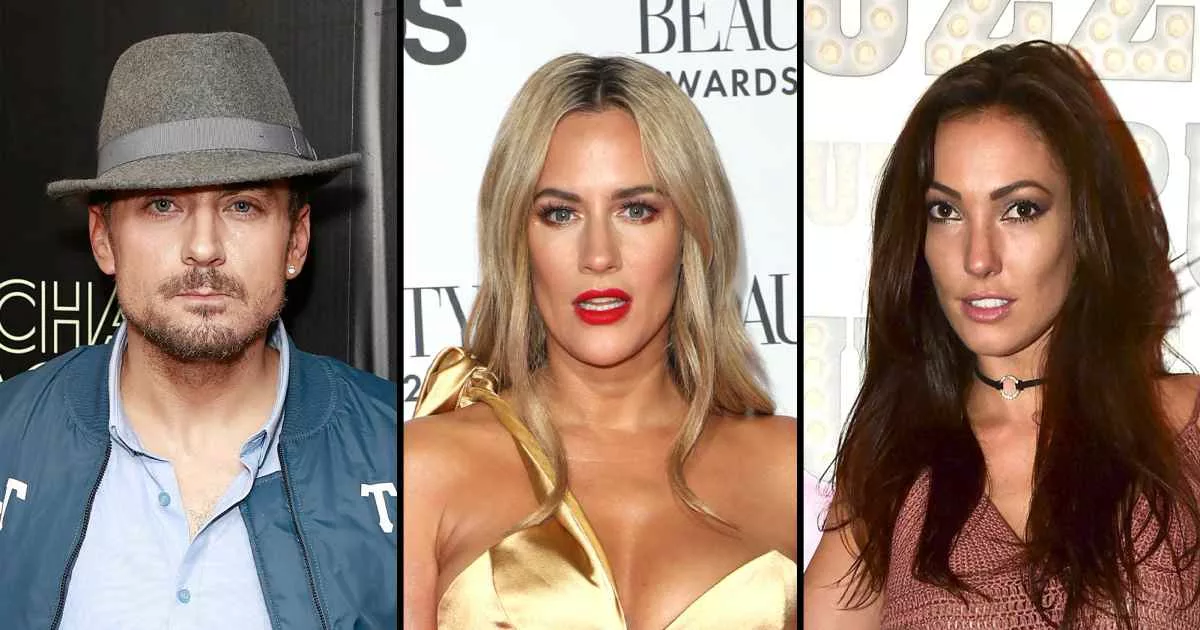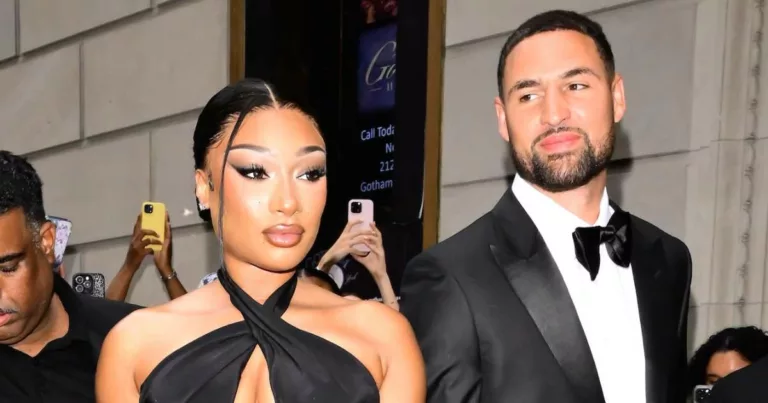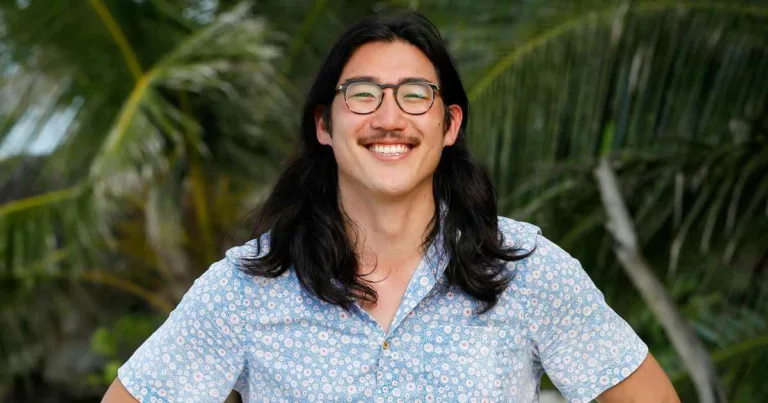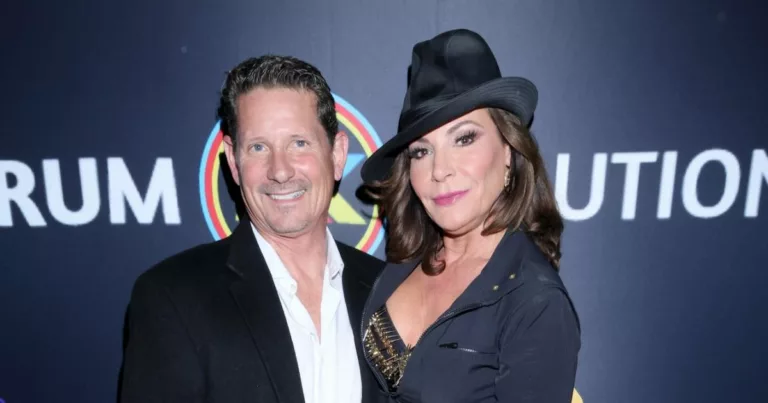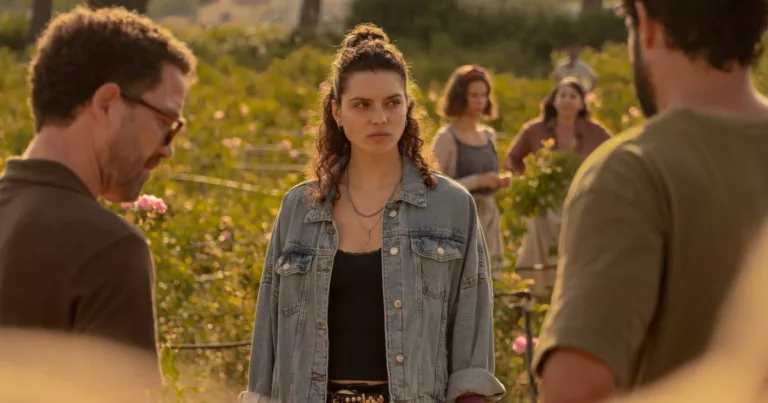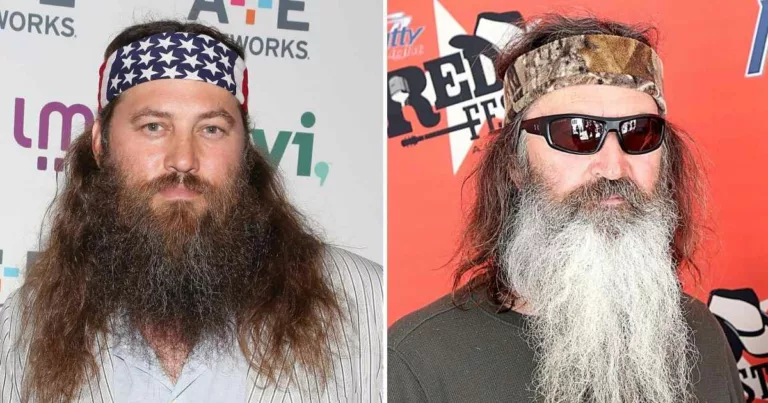Heartbreaking Losses The Tragic Deaths of Love Island Stars
The “Love Island” franchise has been a significant part of reality television since its inception in the UK in 2002. Following the lives and romantic escapades of singles in a luxurious villa, it has captivated audiences worldwide, including a successful spinoff in the United States. However, beneath the glitz and glamour lies a somber reality, as the show has been marked by the tragic deaths of several beloved contestants and hosts over the years.
Among the most notable losses is Caroline Flack, who hosted “Love Island UK” from 2015 until 2019. Flack was a vibrant personality in the entertainment industry, known for her infectious energy and charm. Tragically, she died by suicide in February 2020 at the age of 40. In the months leading up to her death, Flack faced significant public scrutiny following a physical altercation with her boyfriend, which led to an assault charge. Her passing sent shockwaves through the “Love Island” community and beyond, prompting many to reflect on the pressures faced by reality television stars.
Iain Stirling, who co-hosted the series with Flack, shared an emotional tribute on Instagram, expressing his sorrow and fond memories of their time together. “To my friend Caroline, thinking of you today. Miss you mate x,” he wrote, encapsulating the profound impact Flack had on those around her.
The tragic narrative continued with the death of Paul Danan, a former contestant on “Celebrity Love Island.” In January 2025, the news broke that Danan had passed away at the age of 46 due to a combination of substances, including heroin and methadone. His representatives released a heartfelt statement, describing him as a “beacon of light” and acknowledging the irreplaceable void left by his untimely departure.
Another heartbreaking loss was that of Mike Thalassitis, a contestant from the 2017 season of “Love Island.” In March 2019, Thalassitis was found dead at the age of 26, also by suicide. His death raised awareness about the mental health struggles faced by reality stars, prompting discussions about the need for better support systems within the industry.
Sophie Gradon, who appeared on the second series of “Love Island,” also faced a tragic end. Gradon died by suicide in June 2018 at the age of 32. Just weeks later, her boyfriend, Aaron Armstrong, took his own life as well, highlighting the devastating ripple effect of mental health issues. Gradon’s passing sparked conversations about the pressures faced by reality television participants and the importance of mental health awareness.
The franchise has not only seen the loss of contestants but also the children of its stars. Malin Andersson, who appeared on season two of “Love Island UK,” announced in January 2019 that her four-week-old daughter, Consy, had passed away. The loss of a child is an unimaginable tragedy, and Andersson’s experience brought attention to the often-unspoken grief that can accompany parenthood.
As the “Love Island” community continues to mourn these losses, fans and fellow contestants alike have called for greater awareness and support for mental health issues. The pressures of fame, coupled with the intense scrutiny of public life, can take a toll on even the most resilient individuals.
In response to these tragedies, the franchise has taken steps to provide better mental health resources for contestants. While the glitz and glamour of reality television may attract viewers, it is essential to remember the human beings behind the cameras, who often face unimaginable challenges.
As we reflect on these heartbreaking stories, it is crucial to foster a culture of compassion and understanding, both within the entertainment industry and among fans. The tragic losses of stars like Caroline Flack, Paul Danan, Mike Thalassitis, and Sophie Gradon remind us of the importance of mental health awareness and the need for support systems for those in the public eye.
If you or someone you know is struggling or in crisis, help is available. Reach out to trusted friends, family, or mental health professionals, or contact a crisis hotline for support. Remember, no one should face their struggles alone.

